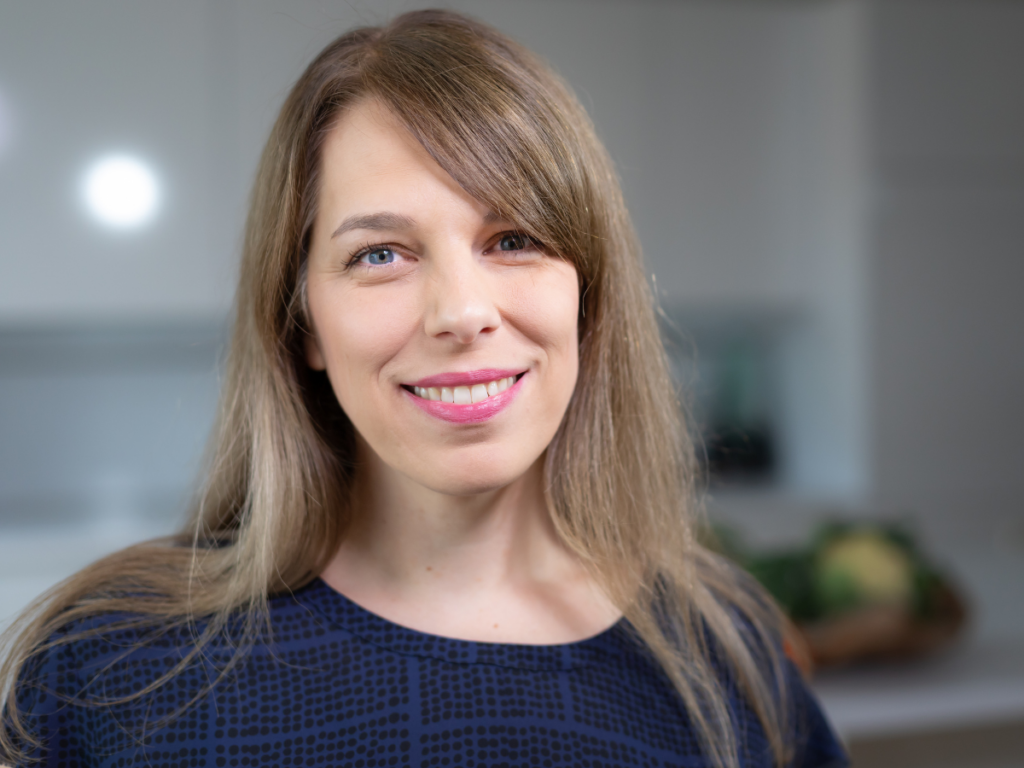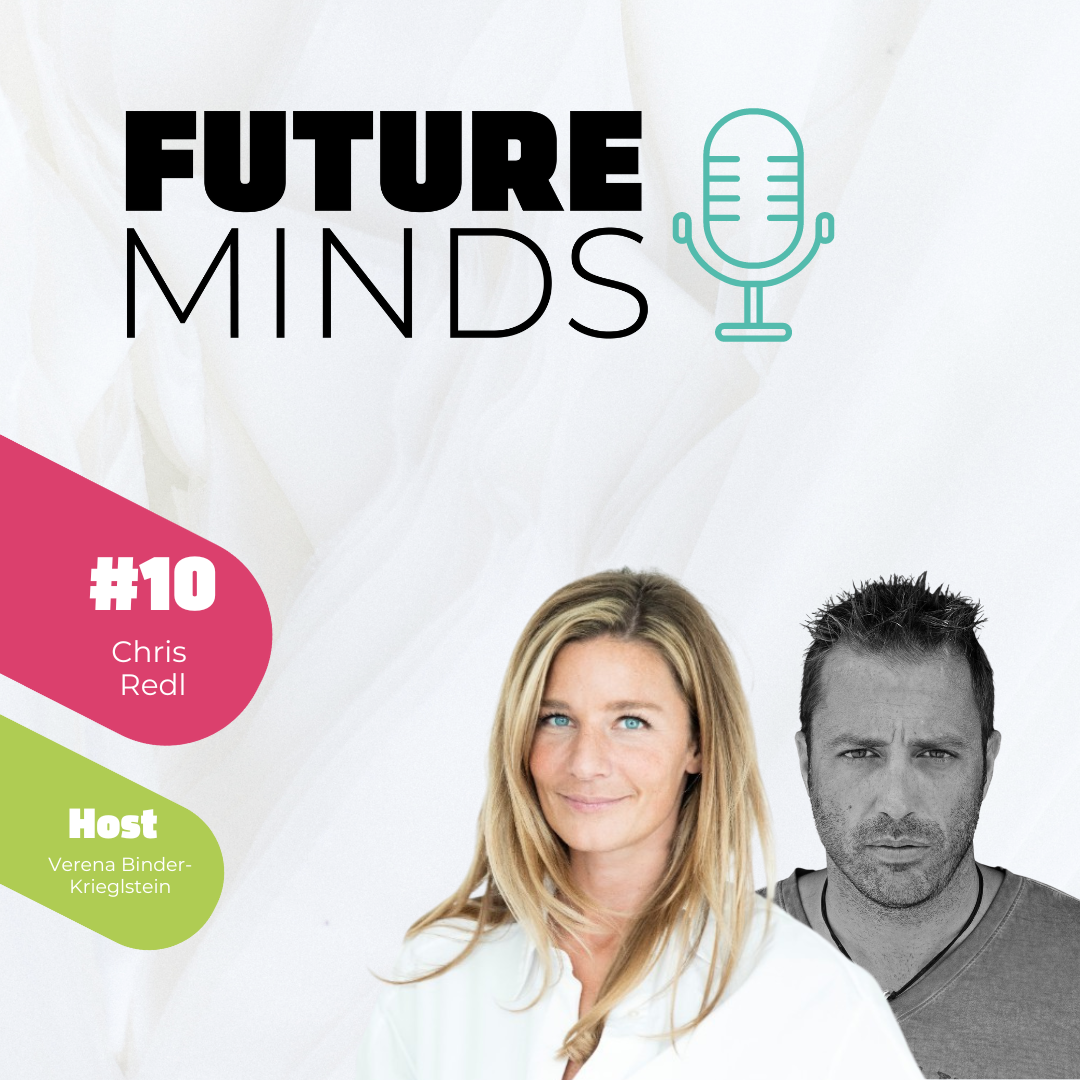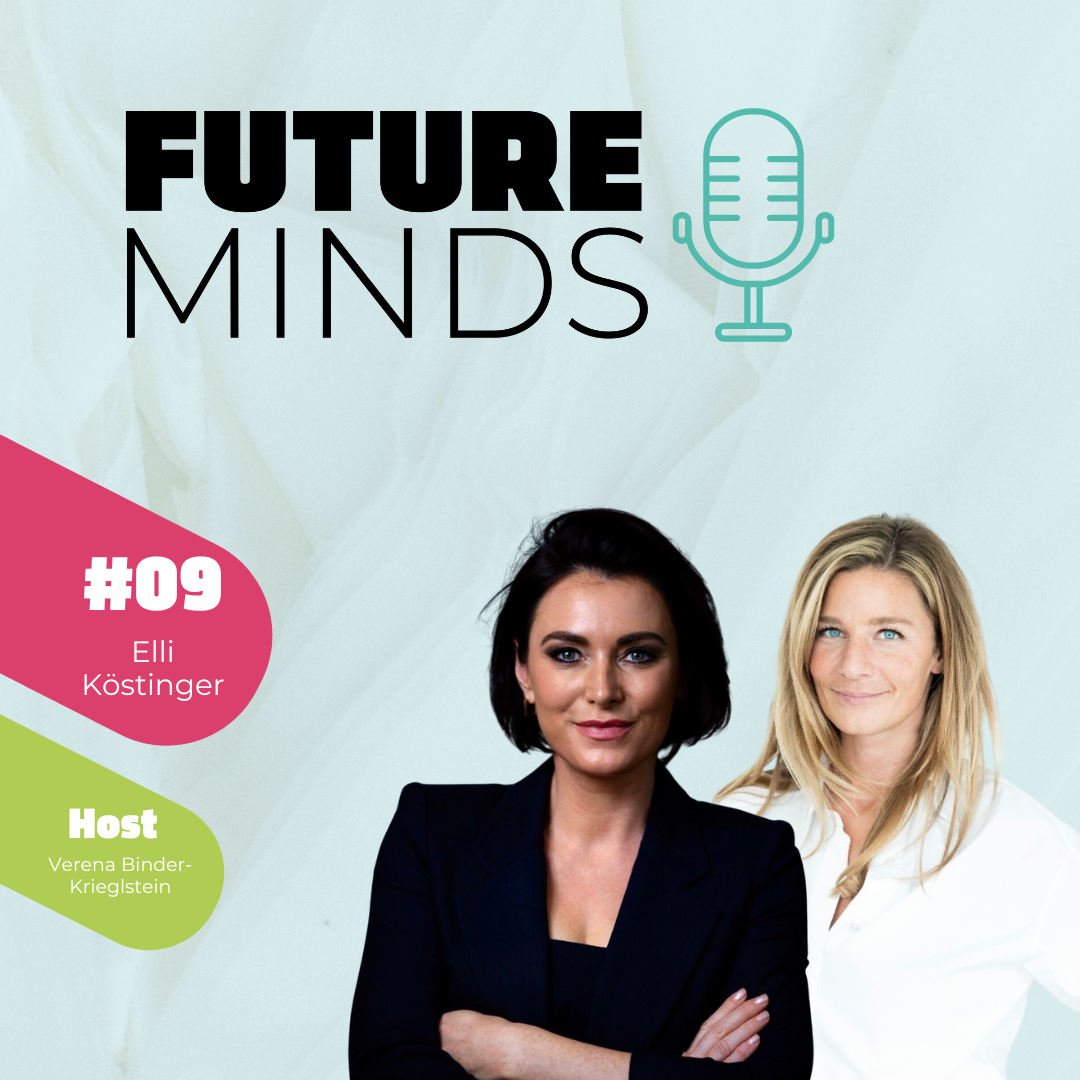

DIE BRANCHEN DER ZUKUNFT: FOOD!
Gute Medikamente, gutes Essen, guten Sex – all das werden wir in der Zukunft brauchen. We proudly present: Eine der drei Vorreiterinnen auf ihrem Gebiet – und was ihre Arbeit ausmacht.
Food – why is it one of the future industries?
Food is life, food is happiness, food is love – Food is one of the most important future industries because it is essential for human survival and well-being. Food defines cultures, food defines our health, food defines our success and ultimately, food defines our view on our environment and society. Food is fundamental to almost everything we do, and is connected to so many memories and some very strong emotions.
But the reality is, food today is one of the most destructive industries to our health and planet, and we need to urgently change our behaviour. In the coming decades, we will need a 50% increase in food production to meet demands, and this is not realistic with the amount of agricultural land we have, how we produce food today, the foods we demand, and the incredible amount of food we waste. And the flipside of the coin, equally importantly and closer to my heart, the (wrong) food we eat today is a leading contributor to the critical level of lifestyle diseases causing a tipping point of obesity and other preventable, lifestyle diseases.
Food gives us so much – energy, love, entertainment, but we need to learn to respect food. So, asking is food is a future industry is like asking if our kids are our future.
You worked a long time in different food companys: What is your purpose and impact as a founder?
Deeply understanding the industry you are trying to disrupt is vital for success. Over the many years I have been in the food industry, I saw firsthand (contributed to) what I am now committed to solve.
Our world is facing unprecedented levels of nutrition-related diseases with huge consequences. But this trend can be reversed with a better, more responsible, approach to early nutrition. During the First 1000 Days babies can be influenced to prefer healthier food, thereby, creating lifelong eating habits and the foundation for a happy and healthy life. In my opinion, the majority of today’s baby food is not suited for a healthy upbringing. It is often fruit-based and sweet, leading to a craving for sugar. Or it is bland in taste leading to “picky eaters”.
Most of us know what we should eat to feel better, to fuel or body and mind. The reason why we don’t do it are bad habits (“innerer Schweinehund”) which are formed often during childhood. To really change the way we eat, I figured to start at the beginning, where kids learn the best. So founding Pumpkin Organics to transform the babyfood industry made sense to me.
I still remember from my childhood my great-grandma’s rice, and every time I smell that type of rice I smile and feel a little warmer inside.
Jaclyn Schnau, Founder & CEO Pumpkin organics
What will food be like in 2050?
Food will have to be more sustainable, a higher focus on biodiversity and we, as a society, will have to stop wasting food. Food will definitely be produced and consumed differently in 2050, and my hope is that it is not all synthetic or lab produced, but based on real, natural, wholefoods with an innate nutritional benefit. But for this to have any hope of happening, we need to focus now on the how we eat, what we eat, how we grow our food, how we determine the value of food and our willingness to pay for high quality food and how we teach people to make good food choices. Like we need to stop fast fashion, we need to stop fast food.
I also hope that good food and great nutrition will not be only a privilege of the rich and well educated people, but healthy food should be accessible (and understood) by everybody, who doesn’t want their life limited by poor food choices.
www.pumpkin-organics.de





